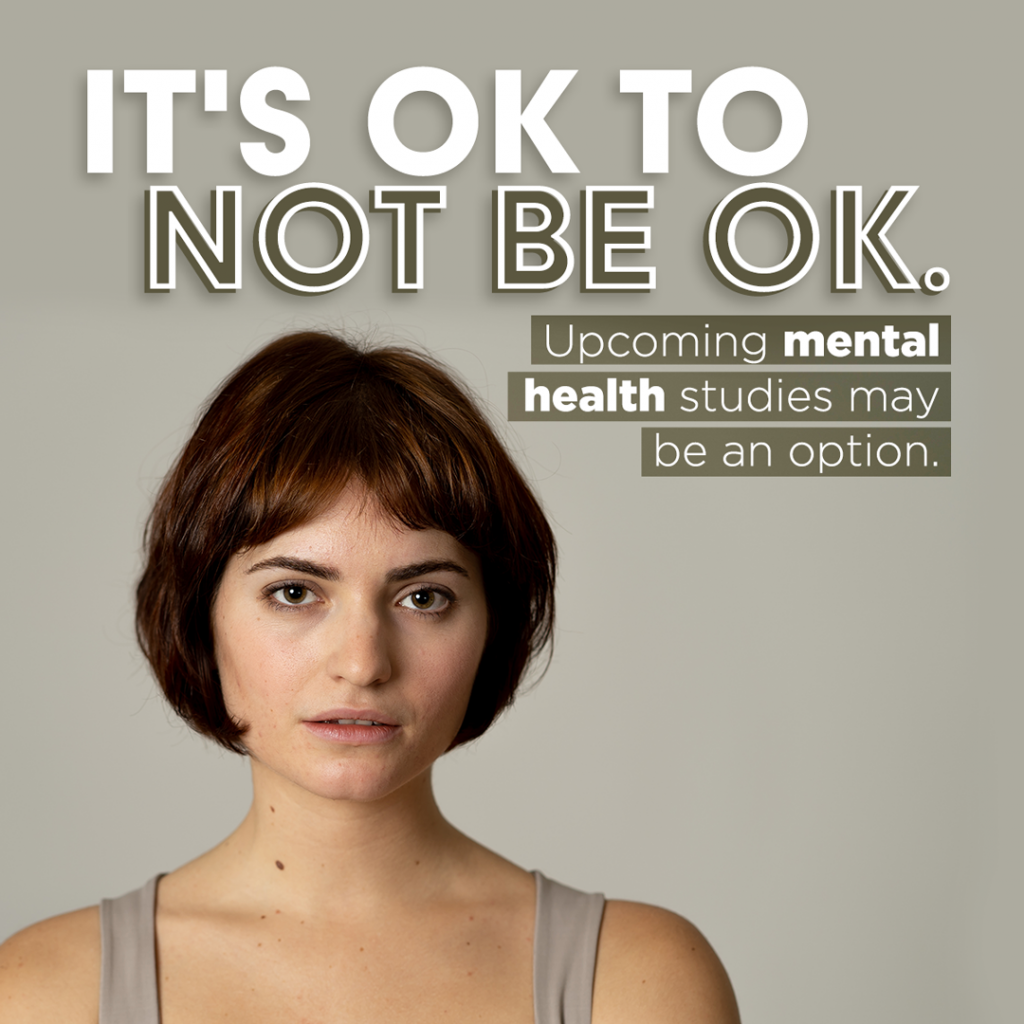May is Mental Health Awareness Month. Nearly 1 in 5 adults will have a diagnosable mental health condition in any given year. Yet, 56% of adults with mental illness do not receive treatment. Amid COVID-19 and preparations being made to reopen the country, the timing couldn’t be more perfect.
Mental Health Awareness Month
Mental Health Awareness Month was created in 1949 by Mental Health America to reach millions through local events, screening, and media. The purpose is to show that everyone should care about mental health. The theme of 2020 is “Tools 2 Thrive.” A toolkit has been created to provide real-life tools and techniques that can be used by everyone to increase resilience and improve their mental health.
The printable handouts include ways to connect with others, screening kit, tips for staying positive, and more. This information can also be modified for the short term in response to dealing with COVID-19 and social distancing.
COVID-19 and Mental Health

Mental illness directly impacts your body. For example, those with depression are at an increased risk of developing cardiovascular disease, stroke, diabetes, and Alzheimer’s. Scientists have found that increased inflammation, metabolic changes, and changes in heart rate and circulation are present in those with depression.
The lifetime prevalence of any anxiety disorder is 31.6%, making the number of U.S. adults diagnosed a whopping 42.5 million. COVID-19 has changed the way we live our lives, possibly forever. The number of cases, misinformation, and distance learning are just a few reasons anxiety these days can increase. Learning how to recognize when it’s more than “worry” is only one of the reasons why mental health awareness is so important.
What You Can Do
Mental Health America states, “84% of the time between first symptoms and first treatment is spent not recognizing the symptoms of mental illness.” When a mental illness is screened and caught early, treatment is more effective, resulting in positive effects being seen sooner. Many have said that before the results of their screening, they would not have known they needed treatment or had a mental illness. Mental Health America offers a free screening tool to see if you have any early warning signs. Although it is not a diagnosis, it provides insight into beginning those conversations with your doctor or family about your mental health.

Participating in clinical trials is also a great way to learn more about different mental health conditions, and be a part of potential new options that are being studied to diagnose and manage them. To learn more about getting involved in future mental health studies at one of our locations, visit our website here.
References:













